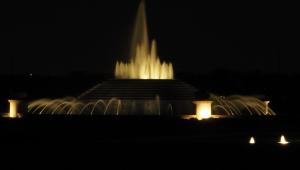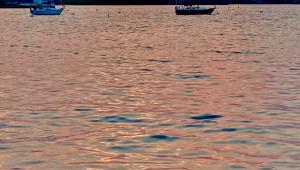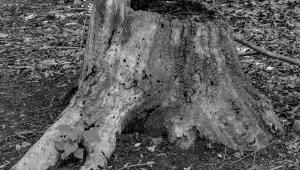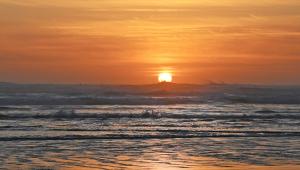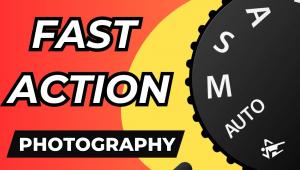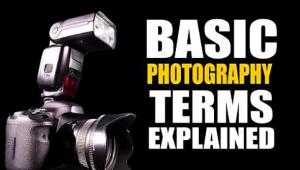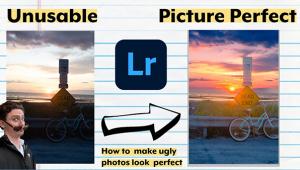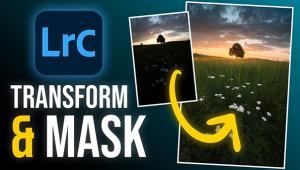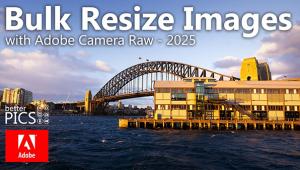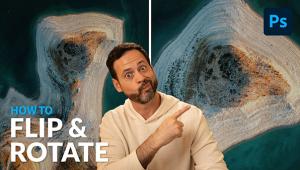- REVIEWS
Camera Reviews 
More Reviews 
Mobile Reviews Photography Reviews - NEWS
- FEATURES
- HOW-TO
- GALLERIES
- VIDEOS
- BUYER'S GUIDES
Please briefly describe your purchasing decision when shopping for a DSLR?
Please briefly describe your purchasing decision when shopping for a DSLR?
No, it makes no difference--as long as I have enough resolution (megapixels) to get the images I want.
71% (291 votes)
Yes, I will look forward to getting a "full frame" sensor DSLRs.
6% (26 votes)
I would prefer working with a full frame DSLR, but only if prices come way down.
23% (93 votes)
Total votes: 410
| Camera Reviews Other Reviews | Mobile Reviews Photography Reviews Columns | News | Features | How-To | Resources |
 © 2025 Shutterbug
© 2025 ShutterbugAVTech Media Americas Inc., USA
All rights reserved



